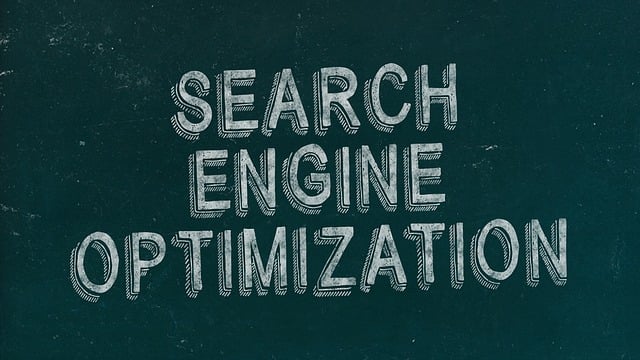AI-driven supply chain optimization, particularly through AI-powered delivery route planning, has transformed logistics. Traditional methods are inefficient and costly, whereas AI algorithms analyze real-time data like traffic patterns, weather conditions, vehicle capacity, and delivery priorities using machine learning to optimize routes for maximum efficiency. This dynamic approach reduces delays, optimizes fuel consumption, and simultaneously considers multiple objectives like fastest delivery times, lowest carbon emissions, or cost savings. As a result, businesses achieve enhanced customer satisfaction through improved delivery speeds while reducing operational overheads. AI also automates inventory management, demand forecasting, and predictive maintenance, identifying bottlenecks for proactive solutions, ultimately boosting operational efficiency.
In today’s digital era, Artificial Intelligence (AI) is revolutionizing the way businesses operate, especially in supply chain management. This article explores the transformative potential of AI-driven supply chains, focusing on a key aspect: AI-powered delivery route planning. We’ll delve into how advanced algorithms optimize logistics, enhance efficiency, and reduce costs. By implementing these intelligent strategies, businesses can navigate complex networks with precision, ensuring timely deliveries in an ever-evolving market.
- Understanding AI-Powered Delivery Route Planning
- Implementing AI in Supply Chain Management
- Benefits and Future Prospects of AI in Logistics
Understanding AI-Powered Delivery Route Planning

AI-driven supply chain optimization has transformed logistics, and at its core lies AI-powered delivery route planning. Traditional route planning often relies on manual input and rules of thumb, leading to inefficiencies and higher operational costs. AI algorithms, however, can analyze vast amounts of data in real-time, including traffic patterns, weather conditions, vehicle capacity, and delivery priorities. By leveraging machine learning models, these systems learn from historical data and continuously refine routes for maximum efficiency.
This advanced approach allows for dynamic route adjustments, minimizing delays and optimizing fuel consumption. AI-powered planning can also consider multiple objectives simultaneously, such as fastest delivery times, lowest carbon emissions, or cost savings. As a result, businesses enjoy enhanced customer satisfaction through improved delivery speeds while reducing operational overheads.
Implementing AI in Supply Chain Management

Implementing AI in supply chain management is transforming how businesses operate, with a particular focus on AI-powered delivery route planning. By leveraging machine learning algorithms and vast datasets, AI systems can optimize routes in real-time, considering factors like traffic conditions, weather patterns, and even local events. This not only reduces transportation costs but also minimizes delivery times, enhancing customer satisfaction.
AI brings efficiency gains by automating previously manual tasks, such as inventory management and demand forecasting. Advanced analytics enable predictive maintenance, reducing equipment downtime. Moreover, AI-driven systems can identify bottlenecks in the supply chain, allowing for proactive solutions and improved overall operational effectiveness.
Benefits and Future Prospects of AI in Logistics

The integration of Artificial Intelligence (AI) into logistics and supply chain management offers a multitude of benefits, revolutionizing traditional processes. One of the key advantages is AI-powered delivery route planning, which optimizes transportation networks. By leveraging machine learning algorithms, AI systems can analyze vast datasets to determine the most efficient routes, reducing travel time and fuel costs. This technology ensures that goods reach their destinations faster, enhancing customer satisfaction.
Looking ahead, AI in logistics has promising future prospects. As AI continues to evolve, it will enable more sophisticated inventory management, predictive analytics for demand forecasting, and automated warehouse operations. The ability to make data-driven decisions will lead to improved supply chain resilience and better resource allocation. With its potential to streamline operations, reduce errors, and enhance overall efficiency, AI is set to redefine the logistics landscape.
The integration of AI in supply chain management, particularly through advanced AI-powered delivery route planning, is transforming the logistics landscape. By leveraging machine learning algorithms and data analytics, businesses can optimize routes, reduce costs, and improve delivery efficiency. As AI continues to evolve, its potential to revolutionize the industry remains vast, promising a future with faster, more sustainable, and highly tailored supply chains. Embracing these technologies will be key for companies aiming to stay competitive in today’s dynamic market.
